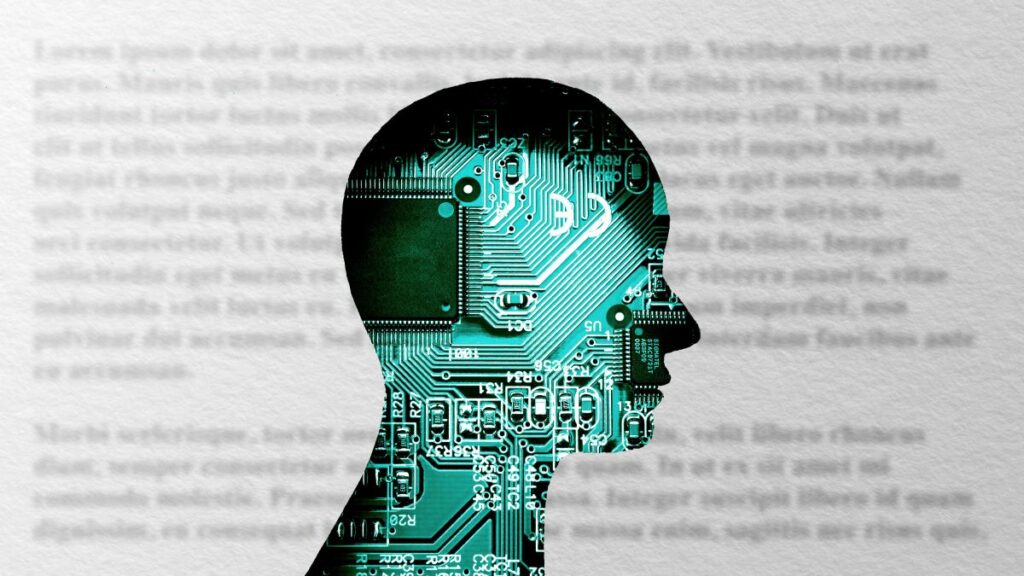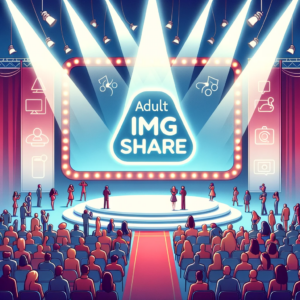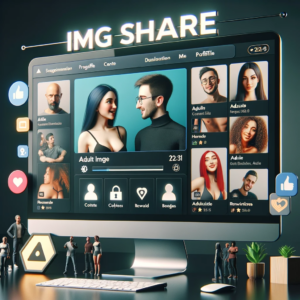
Artificial Intelligence has gradually seeped into our daily lives, and its applications have gone beyond the conventional boundaries, creating ripples in various sectors. However, with this far-reaching influence comes a host of legal complexities, particularly evident in the case of AI text-to-image generators. The hullabaloo isn’t for naught; the stakes are high, touching on issues of copyright infringement, non-consensual usage of personal images, and the perpetuation of harmful stereotypes.
AI Text-to-Image Generators: The Heart of the Matter
AI text-to-image generators have the unique ability to churn out visually descriptive images from written text. This technology has been used in diverse fields such as media, entertainment, and graphic design. However, these systems are typically trained on millions of images, many of which are owned by artists, stock image platforms, and ordinary individuals who may not have given their explicit consent1. This practice has landed these AI systems, and the companies behind them, in hot water, with lawsuits filed by entities such as Getty for copyright infringement.
The Web of Legal Complexities
- Rise of AI-Generated Adult Content: AI-generated adult content has found its way onto various platforms, including Reddit, which has become a hotbed for this kind of content due to its lax regulations. There’s a burgeoning market for AI porn generators, charging premium subscriptions and offering an array of AI-generated content with little to no disclosure of how the systems were trained
- Methods of Content Acquisition: AI porn text-to-image generators often use open-source models from platforms like GitHub or Hugging Face to scrape images from adult websites and social media profiles. This builds a database of sexually explicit images, often without the knowledge or consent of the individuals depicted, raising concerns about privacy and consent
- The Deepfakes Dilemma: Deepfakes, where an algorithm generates fake images of a real person, and AI-generated porn both draw from the same pool of pornographic images. The line between these two is increasingly blurred, making it difficult to regulate and manage
- Consensual Imagery and CSAM: Some AI porn generators have tried to address these issues by prohibiting users from creating Child Sexual Abuse Material (CSAM) and trying to source consensual images. But it’s a drop in the ocean considering the scale of the problem
- Perpetuation of Stereotypes: AI systems, including text-to-image generators, tend to mirror the biases present in their training data. This results in the perpetuation of harmful stereotypes and unrealistic body image expectations, which can have broader societal implications
Conclusion
The rise of AI text-to-image generators has thrust us into a legal minefield where copyright, consent, and ethical issues collide. As we grapple with these challenges, the need for stringent regulations and an informed understanding of these technologies has never been more critical.







